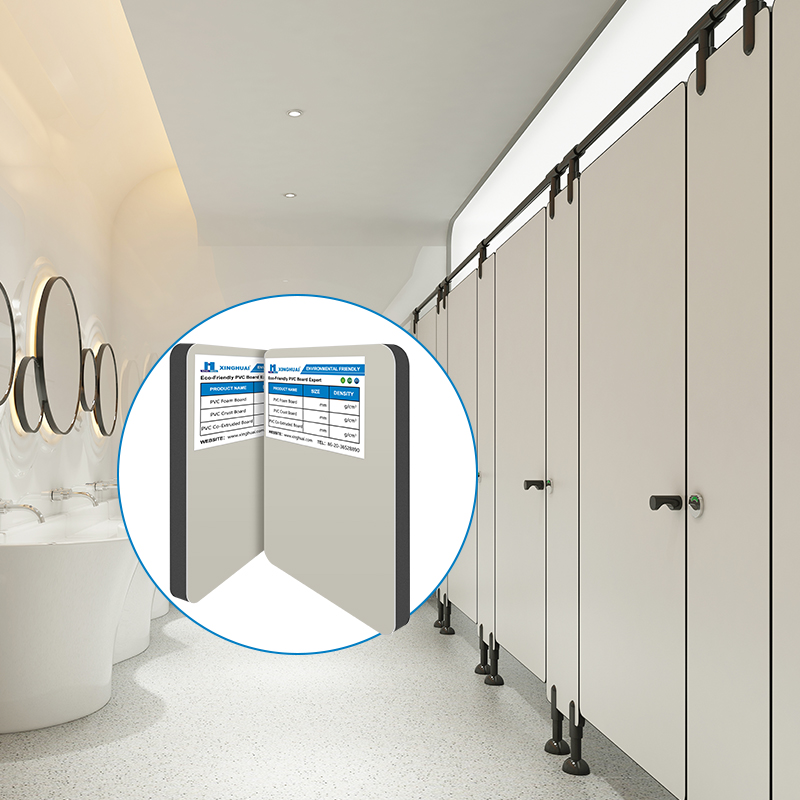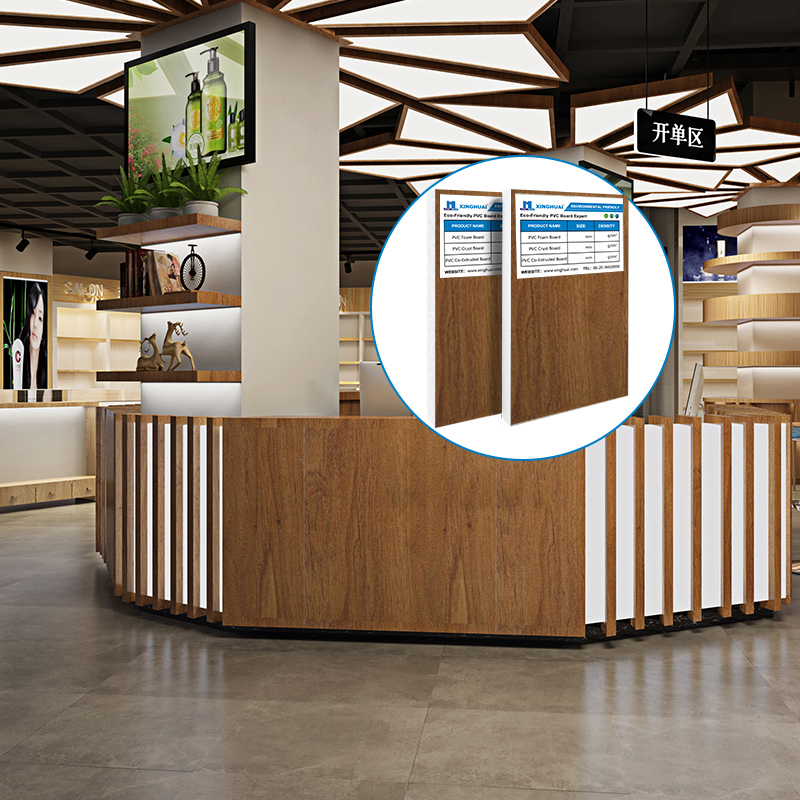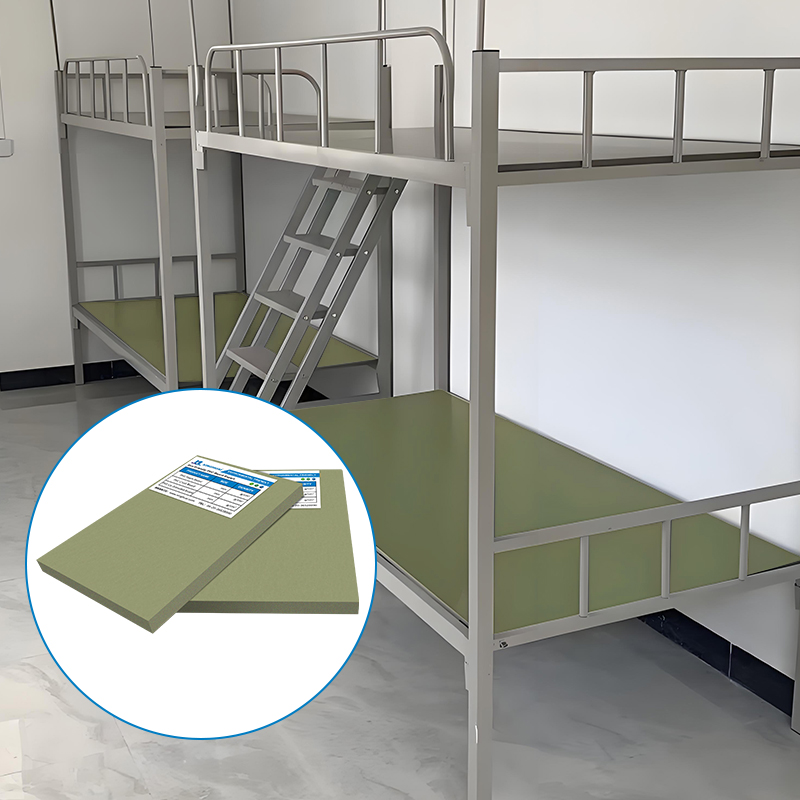PVC sheets, including foam core PVC, Celuka PVC, Celtec expanded PVC, PVC sheet blue, and PVC hard foam board, are increasingly pvc sheet blue utilized in chemical experiments due to their unique pvc sheet blue properties. These materials offer lightweight construction, chemical resistance, and ease of fabrication, making them ideal for laboratory settings.
1. Foam Core PVC: Lightweight and Insulating
Foam core PVC is widely adopted in chemical experiments for its lightweight structure and excellent thermal insulation. In pvc sheet blue analytical chemistry, foam core PVC pvc sheet blue is used to foam core pvc construct separation columns and reaction pvc sheet blue chambers where temperature control is critical. Its closed-cell structure prevents chemical penetration while maintaining structural integrity. For example, in foam foam core pvc plastic separation techniques, foam core PVC acts as a substrate for loading extractants, enabling efficient metal ion celtec expanded pvc enrichment. Its low flammability (meeting UL94 5V standards) ensures safety during experiments involving volatile chemicals. Additionally, foam core PVC’s smooth surface facilitates easy cleaning and reduces contamination risks.
2. Celuka PVC: Durable and Precision-Engineered
Celuka PVC is a rigid, high-density PVC variant produced via the Celuka process, which ensures uniform cellular structure and surface smoothness. In chemical labs, Celuka PVC is used to manufacture custom trays, storage containers, and fume hood linings. Its foam core pvc pvc sheet blue chemical resistance to acids, alkalis, and solvents makes it suitable foam celuka pvc core pvc for storing corrosive reagents. Celuka PVC’s screw retention celuka pvcstrength celtec pvc sheet blue expanded pvc allows secure mounting of lab equipment, while its UV stability prevents foam core pvc degradation under celuka pvc prolonged exposure to laboratory lighting. For instance, in electroplating experiments, Celuka PVC trays are employed to hold acidic electrolytes without warping or leaching.
3. Celtec Expanded PVC: Versatile and Graphic-Friendly
Celtec expanded PVC is a foamed PVC sheet valued for its lightweight, rigid, and printable surface. In chemical education, pvc hard foam board Celtec expanded PVC is used to create 3D molecular models, reaction pathway pvc hard foam board diagrams, and safety signage. Its matte finish accepts ink, celtec expanded pvc paint, and laminates, enabling pvc hard foam board clear labeling celtec expanded pvc of experimental setups. Celtec’s ease of cutting and shaping allows pvc hard foam board rapid prototyping celuka pvc of lab fixtures, such as custom reagent holders or distillation column supports. Additionally, its closed-cell structure resists chemical absorption, making it suitable for short-term contact with aqueous solutions.
4. PVC Sheet Blue: Color-Coded and Traceable
PVC sheet blue is a colored PVC variant used to enhance organizational efficiency in labs. Blue-colored PVC sheets are employed to fabricate sample racks, reagent labels, and hazard warning panels. The color-coding system aids in quickly identifying specific experimental zones or hazardous materials. For example, in chromatography experiments, blue PVC sheets are used to mark solvent storage areas, reducing the risk of cross-contamination. Their smooth surface prevents reagent adherence, simplifying cleanup. Additionally, blue PVC’s opacity blocks light, celuka pvc protecting light-sensitive chemicals during storage.
5. PVC Hard Foam Board: Structural and Impact-Resistant
PVC hard foam board combines the rigidity of solid PVC with the lightweight properties of foam. In chemical labs, it is used to construct robust workbenches, exhaust ducts, celuka pvc and impact-resistant partitions. Its high tensile strength withstands mechanical stress, while its chemical inertness ensures compatibility with aggressive lab environments. For instance, in pilot-scale reaction vessels, PVC hard foam board is celuka pvc used to build support frames celuka pvc that resist corrosion and thermal expansion. Additionally, its low water absorption prevents warping in humid lab conditions.
Conclusion
PVC sheets, including foam core PVC, Celuka PVC, Celtec expanded PVC, PVC sheet blue, and PVC hard foam board, offer versatile solutions for chemical experiments. Their chemical resistance, ease of fabrication, and structural integrity make them indispensable in modern laboratories. Whether for storage, signage, prototyping, or structural support, PVC sheets enhance safety, efficiency, and innovation in chemical research.




